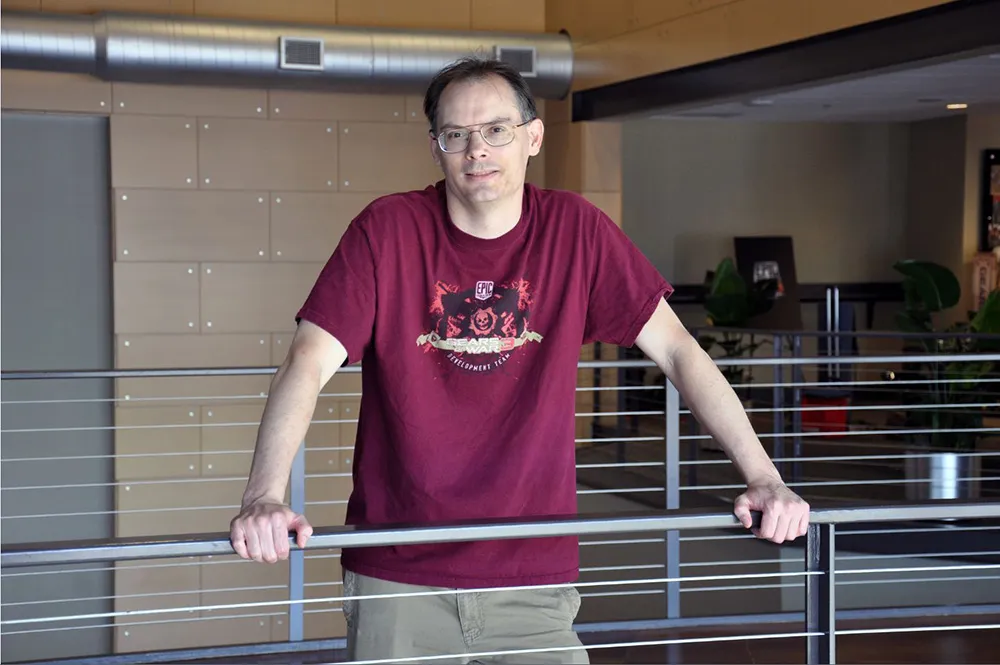Given that Unreal Engine powers dozens of VR games, experiences and toolsets, it’s no surprise that Epic CEO and Founder Tim Sweeney is excited about the future of the medium. But what does he think will be the killer app for VR?
“I think social interactions are the thing that everybody’s underestimating,” Sweeney affirms. “The applications of VR to mass market social experiences that everybody participates in is going to be the number one use of the technology.”
“We’ve never seen anything like this,” continues Sweeney. “Even if you’re only seeing a low-fidelity approximation of them, you feel like you’re there. We did not have that prior to VR.”
But Sweeney also admits that the technology has to be convincing enough to not be off-putting or grotesque.
“We’ve undergone millions of years of evolution that causes our brains to pick up on very subtle queues on how humans communicate, and keeping digital humans out of the uncanny valley is a big challenge for all game engines, and one we’re investing in heavily.”
The promise of hyper-realistic social experiences that erode distance are both far-reaching and uplifting, and the impact it can have for family members and friends living far apart are life-changing. Seniors who live across the country or perhaps in a completely different hemisphere can spend holidays with relatives. Old friends can participate in emotional reunions. And on-duty military service members don’t have to miss the birth of a child.
However, along with these amazing experiences, Sweeney cautions developers and creators to think about the negative implications that may come along with the technology and design accordingly.
“VR is a completely new medium with the level of realism that’s unprecedented. I think it has immense potential to be used for both good and evil, if we’re going to look at it that way. Game developers are going to have to be very thoughtful about how we approach this, both in our digital work and products we choose to create and also the way we expose social experiences to players. Griefing and harassment are things that are going to feel a lot more real in VR than if you’re just hearing somebody’s voice or they’re just typing text at you. These are real challenges for the whole industry, and we’ve been very thoughtful about that at Epic.”
Sweeney even suggests realistic virtual avatars could end VR harassment.
The transformational and transportational aspects of VR are certainly exciting, and ones that also mean travel times can be reduced from hours or even days to nearly instantaneous.
“It’s teleportation,” Sweeney quips with an enthusiastic smile. “John Carmack said at a certain level of technology, VR is going to be a super power, and he’s totally right.”































